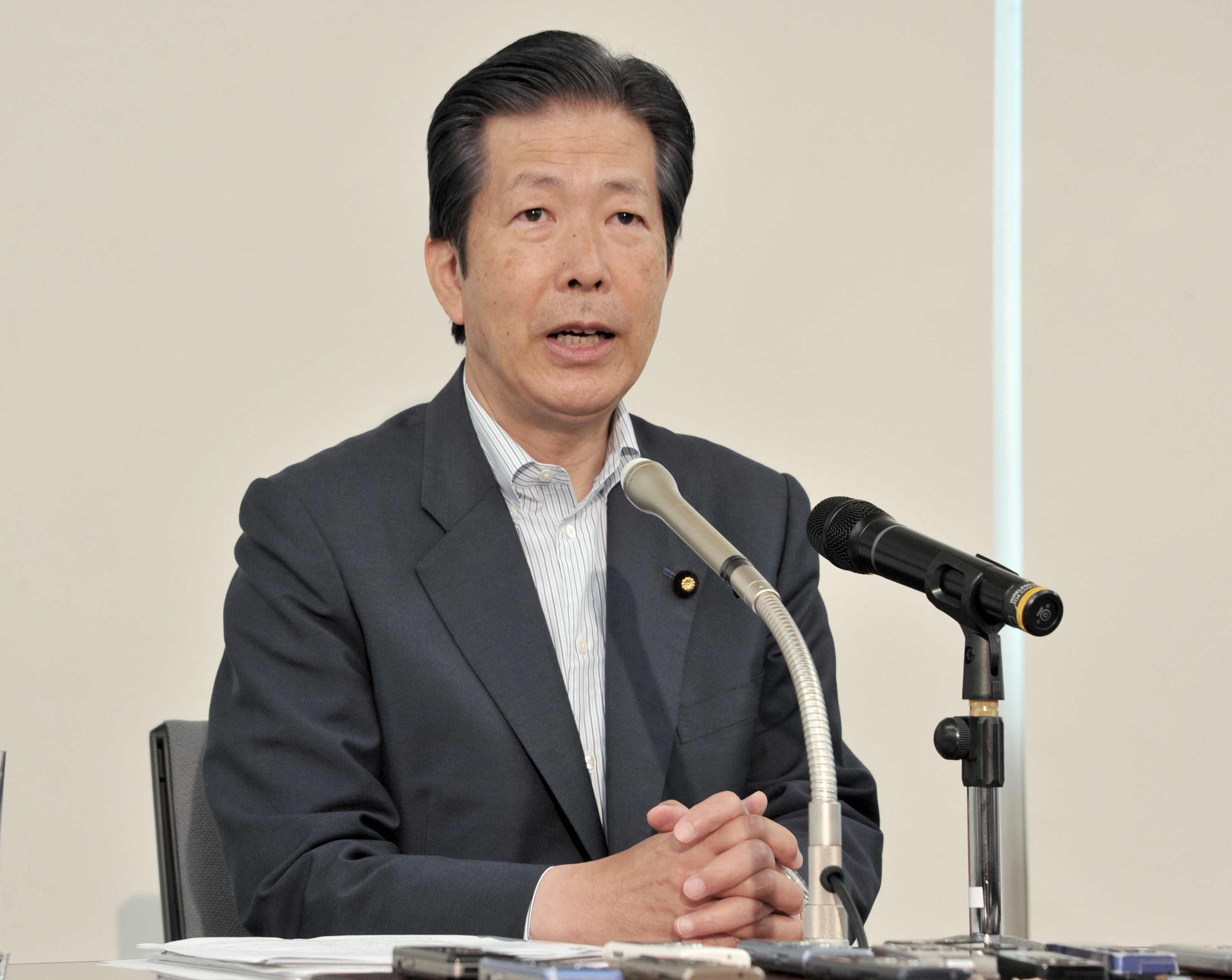Neither the Constitution nor the contentious security laws enacted last year should become key issues in the Upper House election, said Natsuo Yamaguchi, president of Komeito, the junior partner in the ruling coalition.
"A nationwide debate over the issue of constitutional revision is so immature at this point that I don't think voters should be pressed to choose what they want to do with" the supreme law, Yamaguchi said in an interview with domestic media outlets last week at party headquarters in Tokyo.
The comments by Yamaguchi, who insisted the issue shouldn't dominate conversation between candidates and voters ahead of the pivotal July 10 election, dovetail with the stance being taken by the conservative Liberal Democratic Party, which is trying to avoid undercutting voter support.


















With your current subscription plan you can comment on stories. However, before writing your first comment, please create a display name in the Profile section of your subscriber account page.